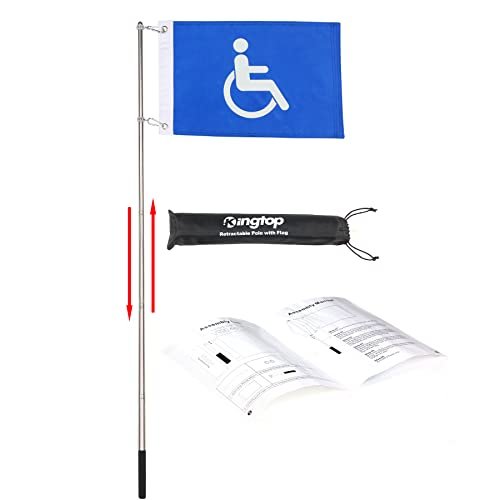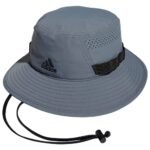Golf handicaps help players compete on equal footing. They level the playing field, making games fair and exciting.
Understanding golf handicaps is essential for both newcomers and seasoned players. A handicap represents a player’s skill level, allowing a fair comparison between golfers of different abilities. Lower handicaps indicate more skilled players, while higher handicaps suggest room for improvement.
Golfers can track their progress and set realistic goals. Knowing your handicap can enhance your game experience. It brings strategy into play, making each round more interesting. This guide explores the best handicaps in golf and how they impact your game. From beginners to pros, everyone can benefit from understanding handicaps. Let’s dive in and learn more about this crucial aspect of golf.
Buying Guide On Best Handicaps In Golf
best handicaps in golf: a complete buying guide
1. Understanding golf handicaps
golf handicaps measure a player’s skill level. Lower numbers indicate better players.
2. Factors influencing handicaps
course difficulty affects handicaps. Challenging courses raise handicap scores.
3. Calculating your handicap
handicap calculation involves average scores from recent rounds. Accuracy matters.
4. Tools for tracking handicaps
smartphone apps and websites track handicaps. Choose reliable tools.
5. Benefits of a handicap
handicaps level the playing field. Compete fairly with other players.
6. Improving your handicap
practice regularly to lower your handicap. Focus on consistent play.
7. Choosing the right equipment
quality clubs and balls improve performance. Invest in good gear.
8. Professional guidance
golf coaches help refine skills. Consider hiring a coach.
9. Regular handicap updates
update your handicap frequently. Reflects current skill level.
10. Joining golf clubs
memberships offer handicap tracking. Join clubs for better access.
11. Playing with different handicaps
adapt your strategy based on opponents’ handicaps. Tailor your approach.
12. Handicap systems worldwide
different countries use varied systems. Understand local rules.
13. Handicap competitions
handicap tournaments offer equal chances. Participate to test skills.
14. Common misconceptions
higher handicaps don’t mean less skill. Reflects course challenges.
15. Resources for handicaps
books and websites provide information. Learn from experts.
Conclusion
Choosing the best handicap in golf can improve your game. It helps you play on a level field with others. By knowing your handicap, you can set clear goals. This makes practice more focused and enjoyable. Remember, it’s not about having the lowest handicap.
It’s about improving steadily and enjoying the game. So, track your progress and celebrate small victories. With time and effort, your game will get better. Happy golfing!














Leave a Reply